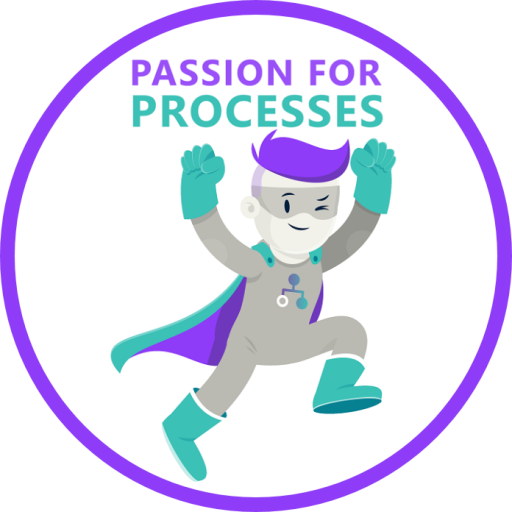You need dialogs so that an executor can enter a human task during the process pass. In this video tutorial we will show how a dialog is modeled based on the example of the human task "Evaluate change request". The human task used for this example can be found in the "Governance Automation Models" reference database.
Click ARIS > New > Dialog.
Enter the name. You can enter the meaningful name of the dialog as a description as well.
Select the group in which you want to save the new dialog.
The dialog is created.
The "Layout hierarchy" pane displays the elements that make up the dialog.
The "Elements" pane shows the elements you can model in the dialog.
You can define the properties of a dialog element or dependencies between elements in the "Properties" pane.
Model a text box and enter "Model name" as the name.
Enable "Write protection", on the "Data" tab.
Add another text box as mandatory input.
Model the requester.
Enable as a validation, that an e-mail address must be entered, in order for the requester to be notified.
The validation is evaluated while the dialog is running.
You can model dependencies. It is for example, only advisable to evaluate a change request if you entered the type of change beforehand.
You must always model both possibilities.
You can already check how the dependencies and the validation will behave at runtime during modeling.
When you have finished the dialog, it could look like this:
Close the dialog.
You can use it in your models for example in the model "Continuous improvement process",in the reference database "Governance Automation Models".
You just saw how you can create, model and use a dialog.











